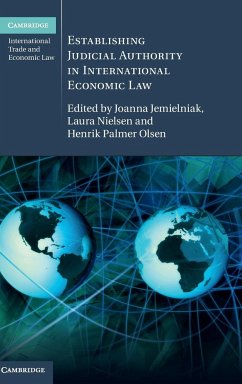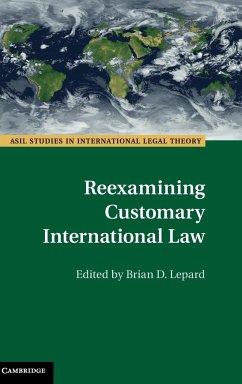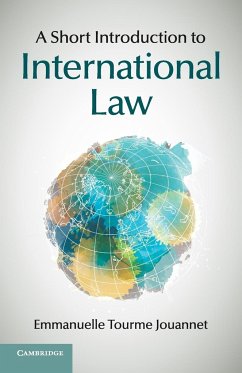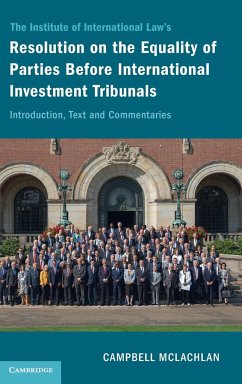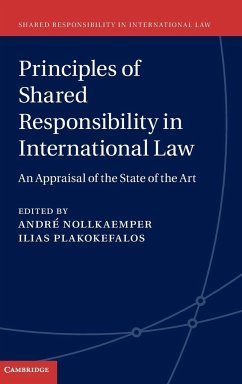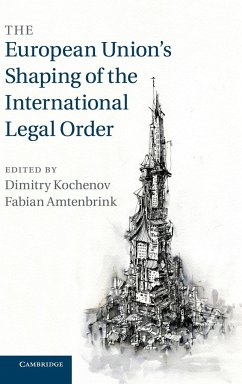
Artificial Intelligence and International Economic Law
Versandkostenfrei!
Versandfertig in 1-2 Wochen
35,99 €
inkl. MwSt.

PAYBACK Punkte
18 °P sammeln!
A comprehensive look at the interplay between artificial intelligence and international economic law (IEL), this volume is a valuable guide for scholars, students, practitioners, and policymakers in the fields of IEL, technology law, administrative law, and global AI governance. This title is also available as Open Access on Cambridge Core.





